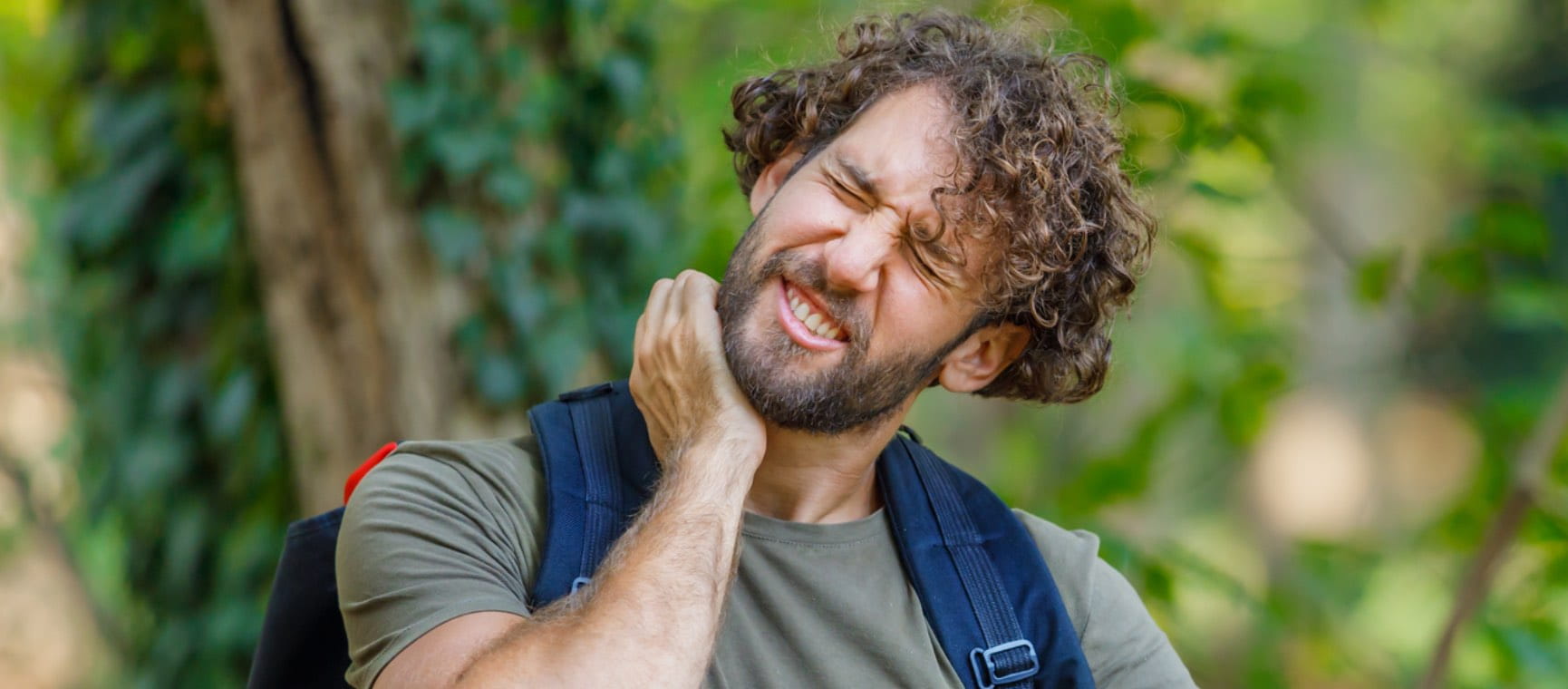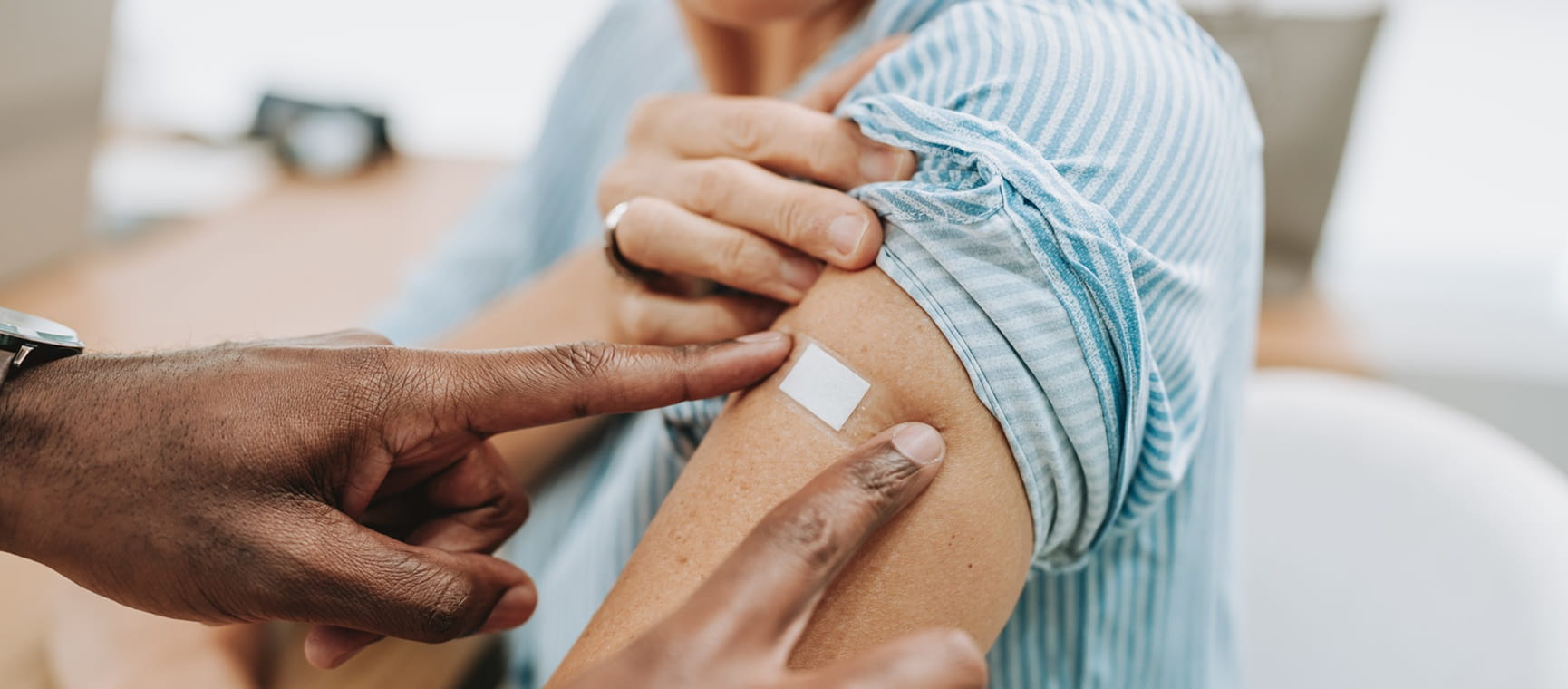What's the best way to stop nosebleeds? Dr Mark Porter explains
Our medical expert offers advice on the best way to stop and treat nosebleeds.

Our medical expert offers advice on the best way to stop and treat nosebleeds.

Q. What is the best way to stop recurrent nosebleeds? I had them regularly as a child, but was fine through most of my adult life until I ended up in hospital after a small stroke.
Now I seem to get one every month or so and they can be difficult to stop.
Nosebleeds can occur at any age, but are most common in younger children and people over 70. Common causes are infection (often evident as crusting inside the nostril), drying out of the lining of the nose (particularly during winter) and leaky blood vessels, but I suspect your past stroke may be a clue.
A standard treatment for stroke is to take an anti-platelet type drug – typically aspirin in the past but mostly clopidogrel these days – to reduce the blood ‘stickiness’. Unfortunately, these make nosebleeds more likely.
However, I can only guess from here, so this is one to discuss with your own GP, who can examine you and your nose. This check-up will probably include measuring your blood pressure, but if it is raised this is often an incidental finding rather than the actual cause.
If they can’t identify the problem, you may be referred to your local ENT department, who can do a more detailed check with cameras. However, this isn’t necessary in most cases.
In the meantime, don’t stop any of your medicines.
If you have a bleed, make sure to lean forwards (not back as many do) and pinch the lower fleshy part of your nose – not the upper bony part – for at least 10-15 minutes without letting go, however briefly.
If the bleed hasn’t stopped, repeat for 10-15 minutes more, then call for help if it hasn’t settled.
Treatment depends on the cause and severity, but for most people, it might include a short course of antibiotic cream or cauterising a leaky blood vessel.
And try not to worry: the amount of blood can cause alarm, but it typically looks much worse than it is, and it is very unusual to lose a dangerous amount through a nosebleed alone.
Although, as always in medicine, you can never say never.
With 26 years experience in practice and a partner in a busy South Gloucestershire surgery, Dr Mark is also resident doctor on BBC One's The One Show, presents Radio 4's Inside Health, writes for The Times, and has popped up on celebrity versions of The Weakest Link and Mastermind.
Dr Mark was awarded an MBE in 2005 for services to medicine.

For a limited time, enjoy 3 issues of Saga Magazine for just £1. Receive the next 3 print editions delivered direct to your door, plus 3 months’ unlimited access to the Saga Magazine app—perfect for reading on the go.
Don’t miss your chance to experience award-winning content at an exceptional price.

Are you retiring at the wrong age? The best age to retire for your body, brain, happiness and pocket.


Everything you need to know about the lung infection, and how you could be ill with “walking” pneumonia without realising it.

Strong calves for a strong mind: how they support our circulation and brain health, with easy moves to strengthen yours at home.


Our GP Dr Mark Porter explains what can cause itchy skin, which is a common problem as we get older.

Worried you’ve morphed into Victor Meldrew? Find out how to battle that bad mood, and what to do if you’re stuck with a grouchy loved one.

The benefits of heat and cold therapy, and how Nordic bathing won over our nervous writer.

Here’s how to spot the symptoms of heat disease and reduce your danger.


The NHS winter vaccination campaign kicks off next week. Here’s the lowdown on what you need to book.

Pilates for back pain – what to do if you are suffering, and five gentle exercises that could help.

Dizziness or vertigo: a sensation of spinning, can stop us doing everyday things for fear of falling. Try these tips to stop feeling dizzy


You don’t have to put up with bladder leaks. We try out the latest pelvic floor gadgets for men and women.

Cataracts are a normal part of ageing. Learn how to spot the signs – and when it’s time to consider surgery.